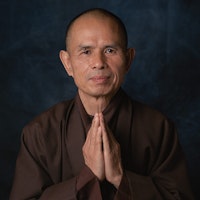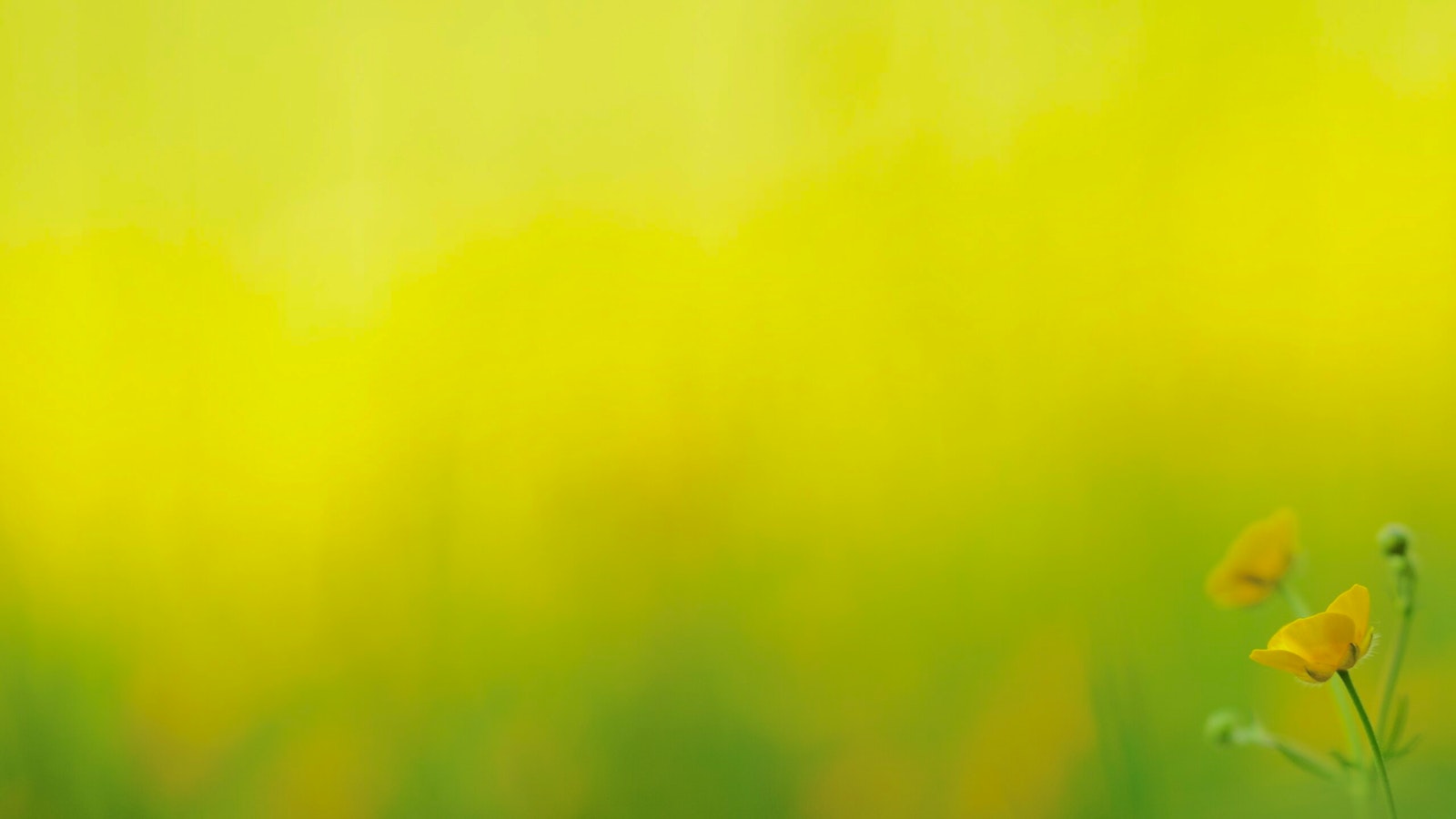The happiness and suffering of all humans and all other species is our own happiness and suffering. We inter-are.
The happiness and suffering of all humans and all other species is our own happiness and suffering. We inter-are.
Thich Nhat Hanh

Happiness and Suffering
Theme: Natural World
When we are in harmony with each other, we are also in harmony with the land. We see our close relationship with every person and every species. The happiness and suffering of all humans and all other species is our own happiness and suffering. We inter-are. As practitioners, we see that we are part of and not separate from the soil, the forests, the rivers, and the sky. We share the same destiny.
Early Life and Education: Thich Nhat Hanh was born on October 11, 1926, in Thừa Thiên-Huế Province, Vietnam. At the age of 16, he entered the monastery at nearby Từ Hiếu Temple, where he was ordained as a monk. He then went on to study both Vietnamese traditions of Buddhism and Western philosophy at the Báo Quốc Buddhist Academy and the University of Saigon. His synthesis of Eastern and Western thought led him to develop a unique approach to mindfulness and Zen practice, which he shared with people from different walks of life.
Activism and Teachings: During the Vietnam War, Thich Nhat Hanh was a strong advocate for peace and reconciliation. He founded the School of Youth for Social Service, training young activists in Buddhist principles and nonviolent resistance. His efforts to end the violence and his calls for peace drew international attention. Martin Luther King Jr. nominated him for the Nobel Peace Prize in 1967. Thich Nhat Hanh authored numerous books, teaching mindfulness and compassion, and founded the Plum Village Tradition, a network of monasteries and practice centers around the world.
Later Life and Legacy: In his later years, Thich Nhat Hanh continued to travel, write, and teach, spreading the message of mindfulness and love. He suffered a severe stroke in 2014 that limited his ability to communicate but remained an inspiring figure. After spending some years in France at Plum Village, he returned to Vietnam in 2018 to spend his remaining years at his root temple, Từ Hiếu. Thich Nhat Hanh passed away on January 22, 2022, leaving behind a legacy of profound teachings that continue to inspire individuals and communities across the globe to live with understanding, compassion, and interconnectedness. His life's work serves as a beacon for those seeking a path of peace and love in the world.
The World We Have
Hạnh, Thich Nhất. The World We Have: a Buddhist Approach to Peace and Ecology. RHYW, 2008 [Thich Nhat Hanh, The World We Have: A Buddhist Approach to Peace and Ecology] p. 71.

Thich Nhat Hanh
Theme: Natural World

About This Thích Nhất Hạnh Quotation [Commentary]
Thích Nhất Hạnh teaches that our life is not separate from the life of the Earth. “The happiness and suffering of all humans and all other species is our own happiness and suffering. We inter-are.” This is not only a spiritual insight but a recognition of reality. He writes, “We see our close relationship with every person and every species.” This awareness arises when we are “in harmony with each other” and “in harmony with the land.” In his view, compassion begins with recognizing that our well-being is inseparable from that of the natural world.
The statement “we inter-are” affirms that no being exists in isolation. Thích Nhất Hạnh states clearly, “we are part of and not separate from the soil, the forests, the rivers, and the sky.” In seeing this, we no longer stand apart from the natural world as observers or caretakers. He reminds us that “we share the same destiny,” and this shared condition calls for mindfulness in how we live, consume, and relate to the Earth and each other.
This teaching reveals that personal and ecological well-being are not separate paths. “We inter-are” is both a truth and a responsibility. The health of the soil, the forests, the rivers, and the sky cannot be understood apart from our own. When Thích Nhất Hạnh says, “The happiness and suffering of all humans and all other species is our own,” he is not offering metaphor but clarity: the life of the Earth is our life.
Rick Hanson on Thích Nhất Hạnh’s Quotation
Rick Hanson, in Neurodharma, reflects on the profound teachings of Thich Nhat Hanh, emphasizing the deep interconnectedness that binds all beings and phenomena. Hanson resonates with Thich Nhat Hanh’s understanding that everything in the universe is intricately linked, recognizing that this awareness is vital to our well-being. As Hanson insightfully notes, “When you really sense your relatedness to everything, compassion and kindness naturally flow from that.” This recognition is not merely a philosophical concept but a lived experience that can reshape our understanding of self. By perceiving ourselves as integral parts of a larger whole, our actions and intentions naturally align with the well-being of all, cultivating a deeper sense of compassion, responsibility, and peace. Realizing our “inter-being” with all life forms and the environment is essential to attaining true happiness and reducing suffering, as it nurtures a deep sense of belonging and purpose in our shared journey.
The Sun My Heart, Thích Nhất Hạnh
Quotes About Thích Nhất Hạnh
Resources
Related Quotes
Copyright © 2017 – 2026 LuminaryQuotes.com About Us